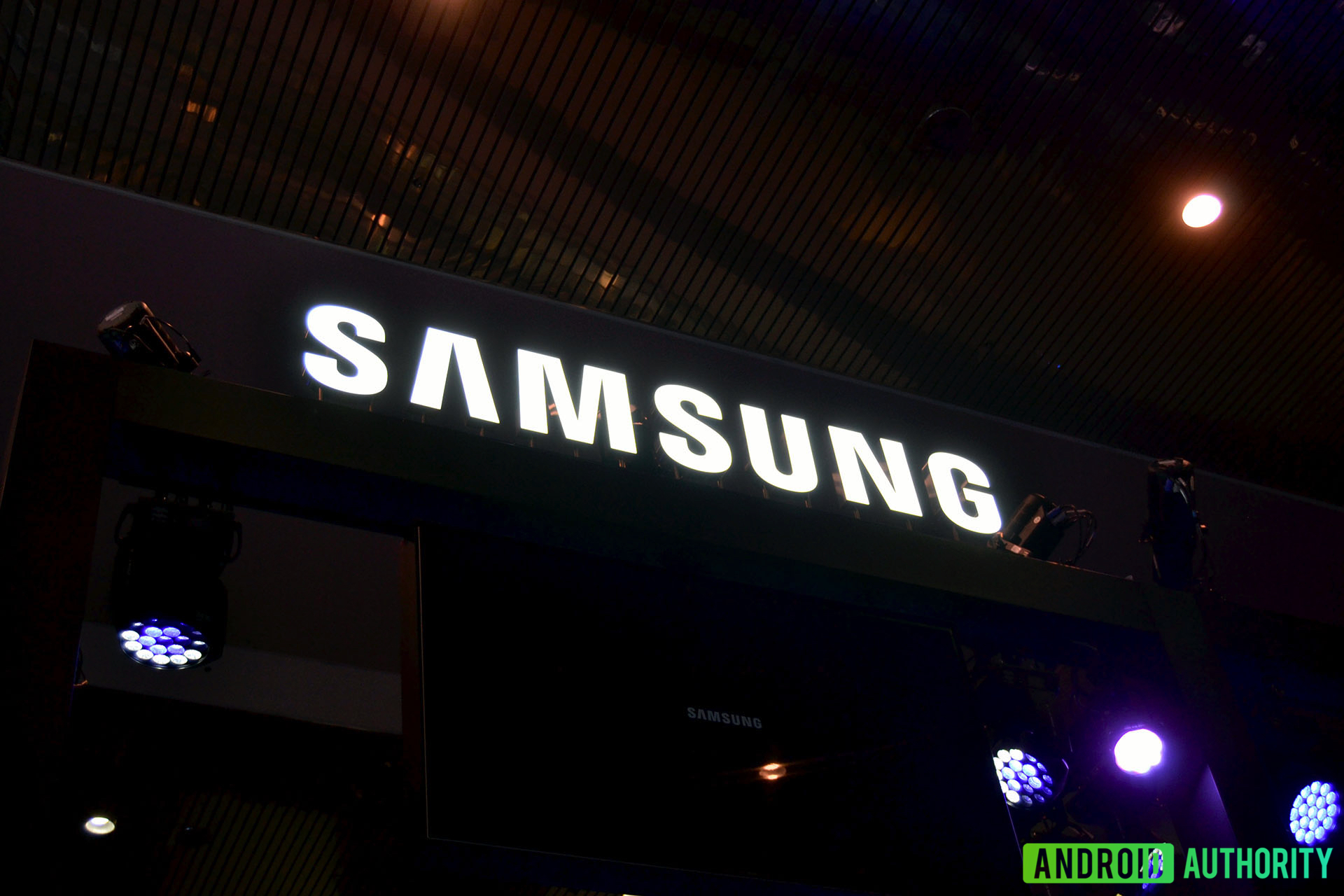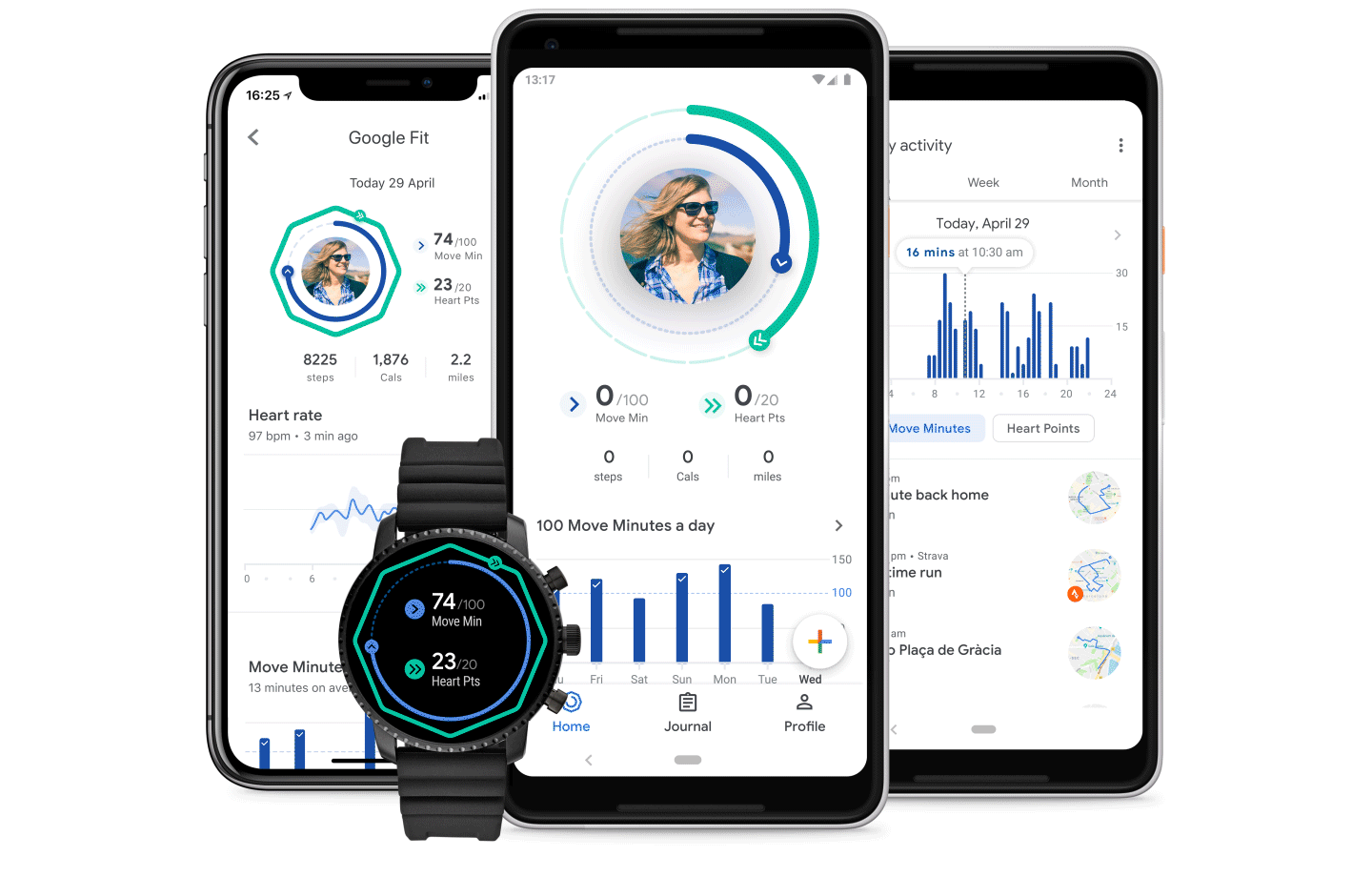Samsung Health 6.0 brings new design and features
- Samsung Health 6.0 is rolling out now.
- The newest update to Samsung’s health-focused app includes a design rehaul and some new features.
- The latest version of Samsung Health also features better integration with Samsung wearables.
Hot on the heels of Google’s update to its health-focused application Google Fit, Samsung just announced the latest version of its wellness suite, Samsung Health (formerly S Health).
The newest version, Samsung Health 6.0, brings a fresh new design as well as some new features that will help you take control of your health and encourage you to stick with your fitness goals.
The biggest change you’ll notice when you first launch Samsung Health 6.0 is the redesigned dashboard. The simplified interface utilizes white space extremely well and lets the user customize which statistics take priority, which will make it easier for you to see what matters most to you right when you open the app.
You can see a screenshot of the new dashboard below:
Along with a design refresh, Samsung is also enhancing the social aspects of Samsung Health to make it easier for you to stay on track. Multiple studies have shown that the best way to lose weight and stay fit is to team together with other people, and the Samsung Health app makes that process incredibly easy.
The improved Together section of the app allows you to share videos and fitness milestones with your friend and family right from the app. You can also join communities of people from around the world and share your progress with them to help celebrate your success or give you the motivation you need to stay on track.
The Discover tab was also updated to give quick access to articles, applications, and assorted information on health-related topics you think are important. This is where you’ll find fitness routine suggestions, healthy recipes, or reviews on fitness products.
Additionally, Samsung Health has better integration with Samsung wearables, especially the latest-and-greatest Samsung Galaxy Watch:
Samsung Health will track 39 different workouts using your Samsung Galaxy Watch or other compatible wearables. In fact, it can even seamlessly track one workout merging with another — such as from running to cycling — without you having to manually tell the app to do so.
Finally, Samsung Health can give you health advice by connecting you with medical professionals through its “Ask an Expert” service. You can also look up symptoms you might be having to get a better grip on what’s going on using the appropriately-named “Symptom Checker.” However, these services are only available in select countries and languages for right now.
Give Samsung Health a try by clicking the button below!
Source: Android Zone
The post Samsung Health 6.0 brings new design and features appeared first on TuneMaster.ml.






